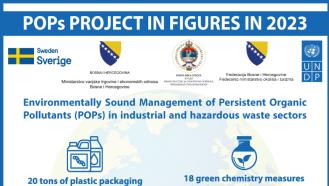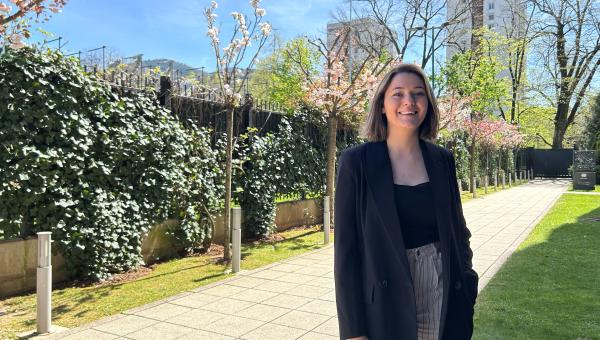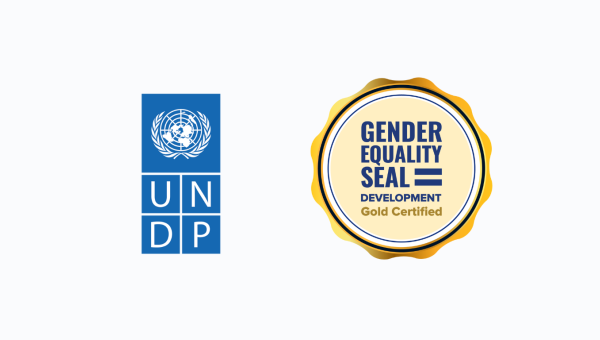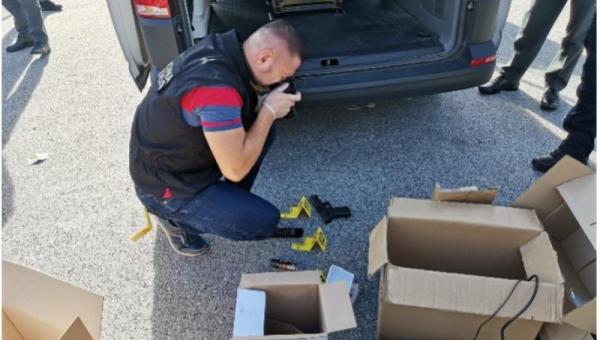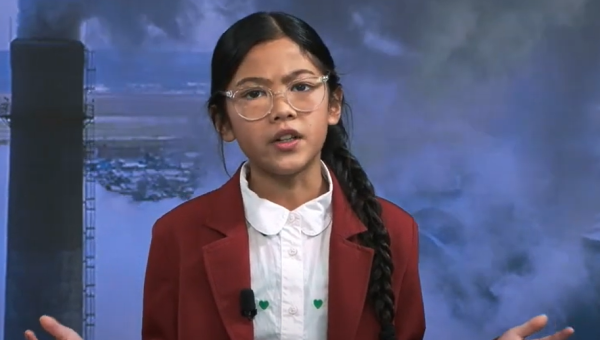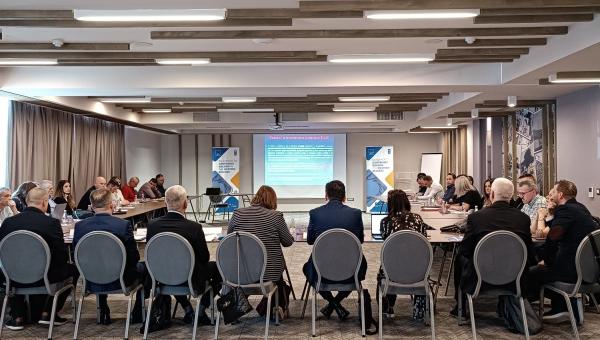Environmentally Sound Management of Persistent Organic Pollutants (POPs) in Industrial and Hazardous Waste Sectors in BiH
POPs Project
With the aim to support the elimination and reduction of the release of persistent organic pollutants (POPs) into the environment, the United Nations Member States signed the Stockholm Convention in 2001. Bosnia and Herzegovina (BiH) ratified this Convention in 2010, thus, the country should meet its requirements, which include avoiding the use of hazardous POPs by shifting to safer alternatives and removing old supplies and equipment containing these substances.
POPs Project objective
Reduce risk for people’s health and the environment through the prevention of unintentional POPs (U-POPs) releases, shifting from POPs toward non-POPs chemicals in the plastic industry, and sound destruction of at least 50 tons of POPs waste.
Project components
Capacity building and mainstreaming of POPs related legislation into the process of harmonization of the environmental legislation in the country.
Prevention and monitoring of U-POPs generation and of release of POPs through minimization, segregation and environmentally sound management of selected hazardous waste stream.
Implementation of green chemistry principles in plastic and other manufacturing, to prevent the use of and release of new POPs.
Management and disposal of PCBs and/or other POPs from abandoned industrial premises.
Monitoring, learning, adaptive feedback and evaluation.
Development of inventory of cooling equipment.
Responsible management of potentially infectious waste in relation to COVID-19 public health crisis (Covid waste component).
Results
Completed Gap Analysis of Institutional and Legal Readiness to Implement the Stockholm Convention with Roadmap in BiH,
Prepared and unrolled training program for civil servants on POPs related topics,
Developed inventory of POPs substances,
Developed Manual on enforcement of the Stockholm Convention for customs officers,
Developed Feasibility Study on Implementation of Container Management System (WCMS) in BiH,
Properly collected and disposed 20 t of pesticide containers,
Developed and presented Manual on Application of Green Chemistry Principles in Industry,
Delivered Remediation and Recultivation Project Design for two PCB contaminated location,
Prepared initial inventory of Ozone Depleting Substance (ODS) within cooling equipment,
Procured and distributed nine sterilizers for treatment and management of infectious waste,
Trained 286 healthcare professionals in 25 healthcare facilities on proper management of medical waste,
Completed rapid assessment on management of infectious waste for six hospitals and 20 outpatient clinics severely affected by COVID-19 pandemic.
Program for development of the Pesticide Container Management System 2023-2027
Goals moving forward
Build capacity for laboratory sampling and analysis of POPs and U-POPs,
Apply green chemistry principles in production of selected industries,
Develop Information system module for equipment containing Ozone Depleting Substances.
Duration:
2019 - 2024
Donor:
Value:
EUR 6 million
Main partners:
Ministry of Foreign Trade and Economic Relations of Bosnia and Herzegovina, Federal Ministry of Environment and Tourism, Ministry of Spatial Planning, Civil Engineering and Ecology of Republika Srpska, Department of Spatial Planning and Property Affairs of the Brčko District BiH.
For more information about POPs project:

 Locations
Locations

